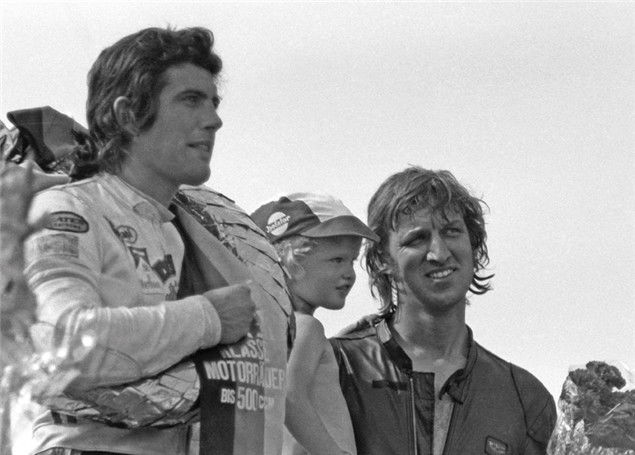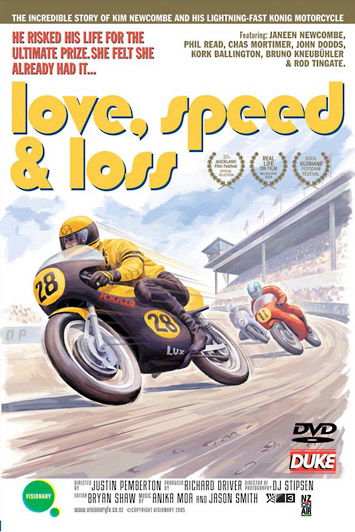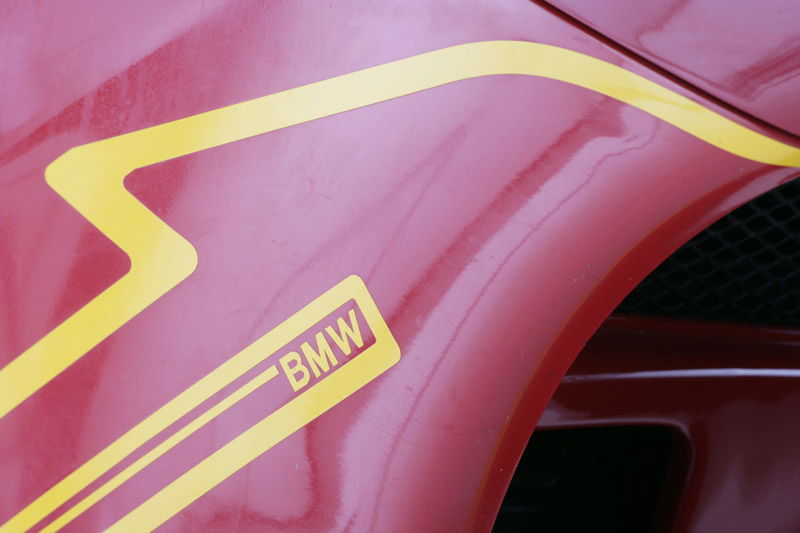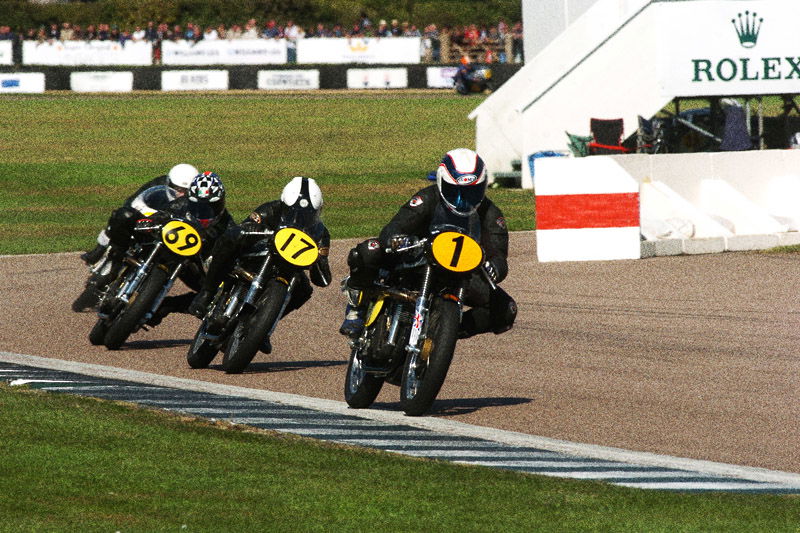The Lost King - Remembering Kim Newcombe
Gone but not forgotten, Kim Newcombe was set for GP superstardom on an unheard-of one-off bike - until fate dealt a tragic hand

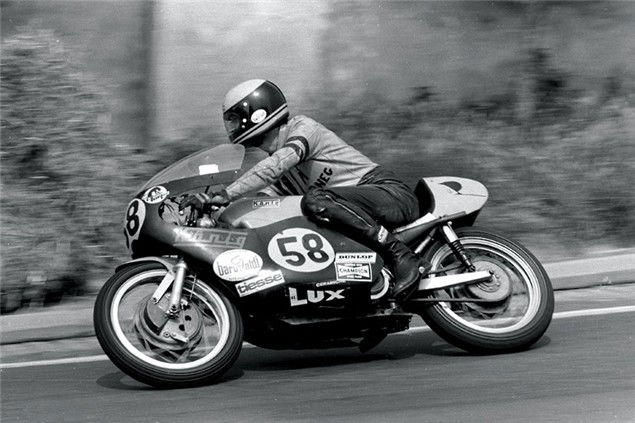
Racing in the 1970s wasn't all about big hair, fags and birds. The high-rolling lifestyle was also a high-stakes game. Bikes were fast, but handled poorly. With dodgy brakes. Circuits were fast too, but with poor surfaces and no run-off. A deadly combination. It was make it big or die trying. For real.
Kim Newcombe was one such rider who risked it all, reached the top - then lost it all. Killed in a crash at Stowe Corner, Silverstone, 12 August, 1973.
New Zealander Newcombe had come to Europe on an overseas adventure, finding a home in West Berlin working as an engineer for König, the outboard and hydroplane specialists. By chance König (German for 'king') were developing a 500cc flat-four two-stroke racing motorcycle. Newcombe immediately started work on it. And when the factory failed to secure a development rider, Newcombe became the test rider. Already a highly credited motocross and speedway racer, Newcombe took readily to the roads. In his third season he was on the podium alongside Giacomo Agostini and Phil Read. An incredible feat on, effectively, a homebuilt racer.
In 1973 Newcombe was set for a great season, only to be overshadowed by Jarno Saarinen on the Yamaha TZ500. But Saarinen and Renzo Pasolini's mid-season deaths reminded all just how treacherous a tightrope they walked. Newcombe subsequently won the Yugoslavian GP and topped the 500GP table.
Then came Silverstone. Newcombe was leading by a good margin on an over-bored 680cc König, but the extra speed of the bike told on the drum brakes. On the sixth lap, at the end of the Hanger Straight, they overheated. Newcombe hit a kerb and crashed into a concrete wall. He died three days later.
Love, Speed and Loss is a film of Newcombe's life. It's also a postscript of what happens when such a man is killed. How the pain, anguish and emptiness still haunt those that knew and loved him.
At the European cinematic premiere in Berlin, three immaculate examples of Newcombe's König were on display. Incredible machines, testament to the Kiwi's technical genius. Testament to the Kiwi's personality, to the tragedy that never diminishes, was the effect of the film on Newcombe's German friends. Seeing a friend die some 33 years after the event is no less harrowing than on the day itself.
Grand prix racing three decades ago was a fantastic yet perilous matter. For some, they're still living with the memories.
